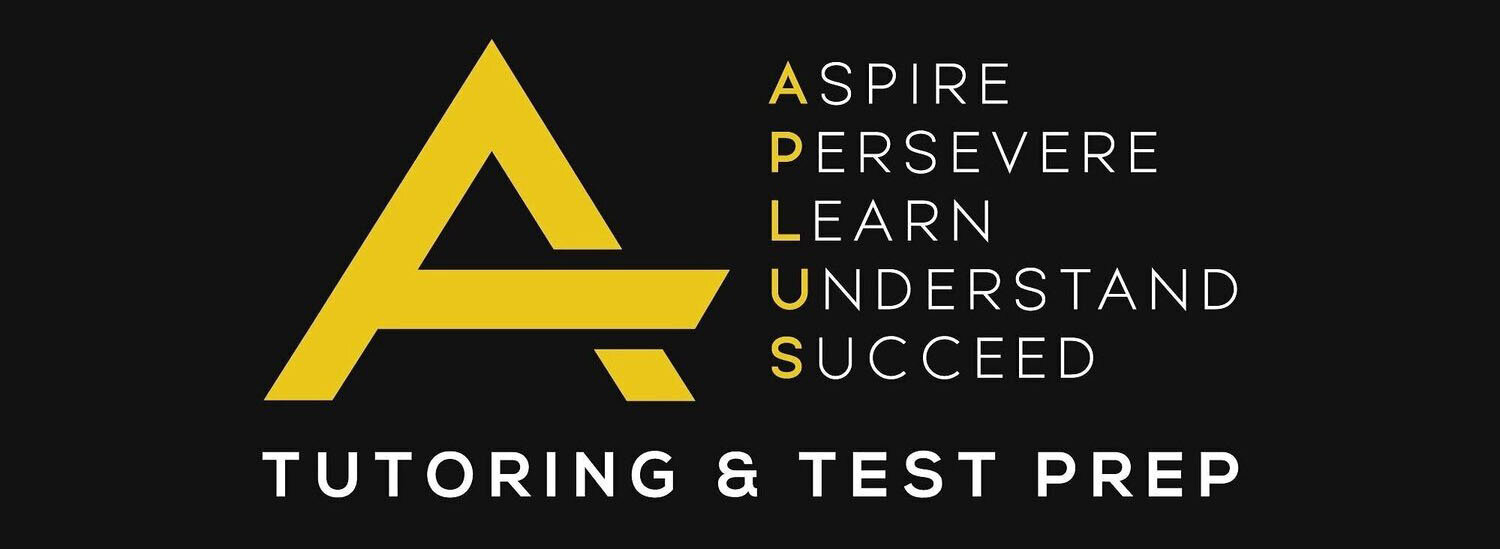The Purpose and Value of Practice
Comedian Steven Wright once stated, “When I was in school the teachers told me practice makes perfect, then they told me nobody’s perfect so I stopped practicing.” There are levels of irony wrapped into that statement. It is hard to imagine that he has been able to make people laugh so well and has developed into what I believe to be one of America’s greatest comedians without practicing. It is not just the words; it’s the delivery, the timing, and non-verbal expression. It is impossible to be great at what we do without practicing. It is true that nobody is perfect, but when we practice with perseverance, we can get close enough to obtain success, that is, become good at what we need to do.
When I first learned to talk, I was not particularly good at it. It took a lot of determination to continue practicing because I really wanted to communicate and whether I realized it or not, I was not good at it. The practicing paid off and now I feel I can communicate my needs, desires, and opinions. Moreover, I can now communicate to students the concepts and procedures they need to study. Teaching will always improve with practice. Learning and the ability to use what I’ve learned confidently requires practice, and in fact is the paramount aspect for effective learning.
When I started to learn to play the guitar, I needed to practice a lot, but unlike when I was learning to talk, I fully realized how bad I sounded; it was nothing like what I wanted it to sound like and that was frustrating. It sounded bad, and it was hard to listen to it. Most of the time I was alone in a secluded setting, hoping no one could hear my awful attempts to produce music. However, I persevered and continued my practicing until was able to produce music that was pleasing to the ear. I succeeded because I was determined to master the task.
Athletes, dancers, and prestidigitators all practice with determination because they know that is the most successful path to mastery. Practicing not only gives them confidence, but it also creates “muscle memory,” that ability to repeat a task without thinking about it. Consider learning to ride a bike or drive a car. When first attempting the task, I was nervous, every part of my brain was focusing on the task, for fear that I would make a mistake. After much practice, I can drive a car or ride a bike and think about other things at the same time, giving only a portion of my attention to familiar signs, lights, pedestrians, and other drivers. I can do this and feel safe that I am prepared for any sudden change in traffic. I must admit that under certain conditions such as icy roads I have every part of me concentrating on the task at hand; under these conditions driving a car can be unusually exhausting. New experiences or problems seem difficult at first but can be tackled and mastered through determination and practice.
When I was learning Tai Chi Chuan from Master Tom Huang, in Cleveland Heights, Ohio, he explained a term that was popular back then, “Kung Fu.” A literal translation, he said, was “more Practice.” I will never forget hearing the story of how a great athlete trained for the Olympics. Gold medal gymnast and renowned motivational speaker, Peter Vidmar, explained how he spent long hours training, day after day, practicing his routine. Additionally, extra focus was set on the special part of the routine that was particularly difficult, one that would set him apart from the competition. The day would start with tremendous enthusiasm, but as the rigorous work continued over and over the enthusiasm was starting to dwindle. However, he knew he couldn’t stop because the results he was looking for could not be attained without consistent practice, practice, practice. To make the practice even more effective, he and his trainer pretended to reenact the gold medal competition during his training routine. Every aspect of the actual Olympic competition was role played, even down to waiting for the judges’ signal to start his performance. Psychologically, Mr. Vidmar envisioned each practice run to be the real thing, the Olympics with the gold medal on the line. When it was time for the actual competition, Mr. Vidmar was prepared.
These tactics can be used in our pursuit of greatness also. For example, preparing for the ACT or SAT exams can be extremely important in our quest for success in our personal lives. We can review the material and work on sample problems, but if we really want to succeed, we will have to refine our practice efforts to match the challenge of a life-changing exam with its time constraints and monitored environment. We will need to relentlessly repeat the practice exams under the same conditions we will experience for the real test until we feel confident that we will succeed. Whether it is acing a test or earning a gold medal, honest and dedicated practice makes all the difference.
For more tips on study planning use this link:




